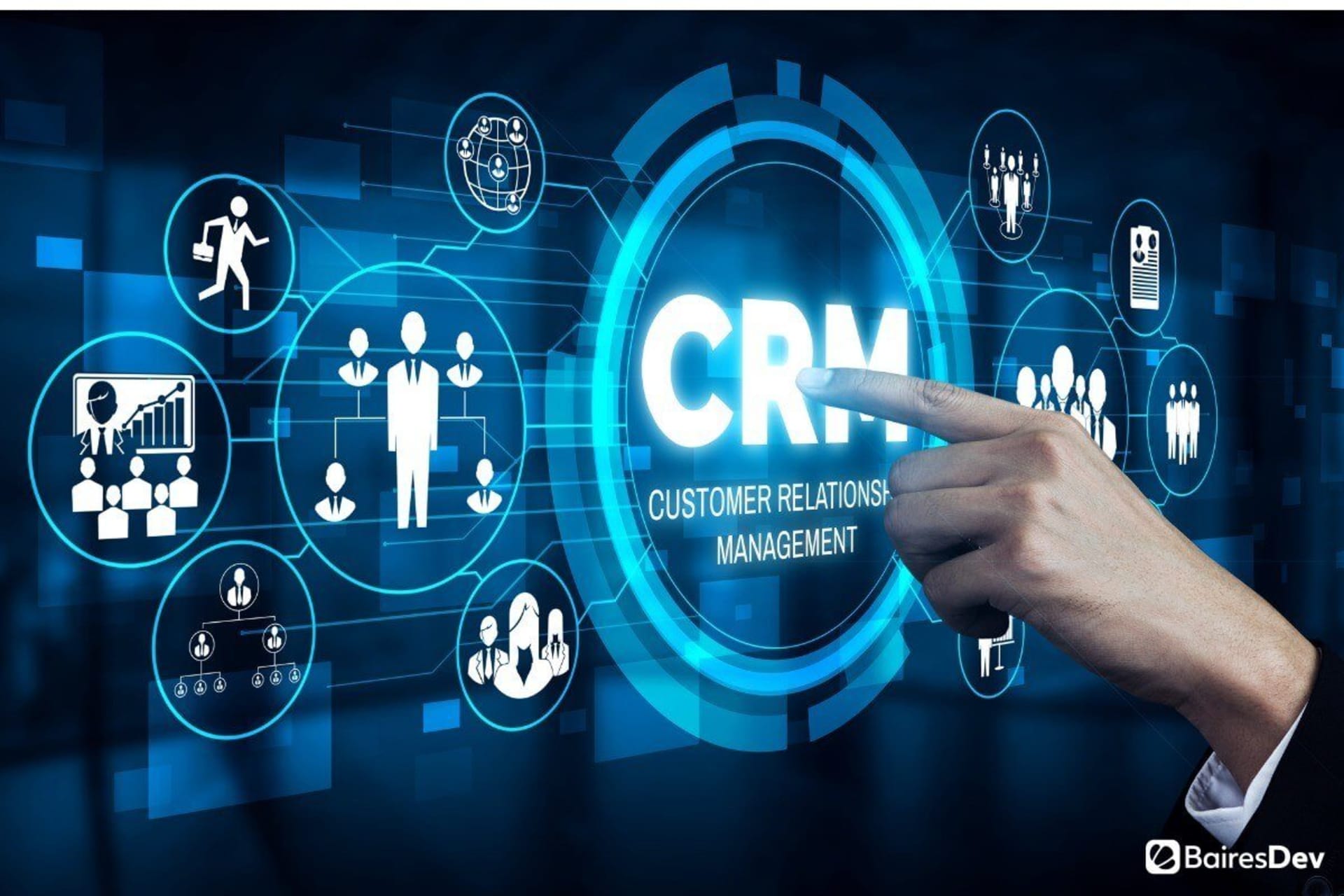Few companies have remained unscathed by the COVID-19-induced economic downturn over the past year, and many have taken the opportunity to find new ways to operate. Innovation can come in many areas, including research and development (R&D), operations, marketing, customer care, and human resources (HR). Within HR, savvy businesses are moving toward greater diversity among their staff.
While it seems more like a nice move rather than a strategic one, this shift towards more diverse teams has plenty of benefits. In fact, we here at BairesDev can attest to that, as our diversity initiatives have proven to be a fundamental pillar in our growth strategy.
In enabling more diversity, it’s important to know that this concept goes beyond gender and race. Neurodiversity is the inclusion of people who are not neurotypical — that is, hiring people whose brains work differently from most due to conditions such as autism, dyslexia, and ADHD. People with these conditions are often referred to as being neurodiverse.
In the past, neurodiverse folks may have been overlooked for certain positions because their way of doing things diverges from the norm. However, these people are often highly intelligent and capable, and excellent workers. Companies that are willing to change their expectations, and even some of their processes, can benefit greatly from the contributions of neurodiverse workers.
What Is Neurodiversity?
People with neurodiverse conditions may have trouble with things like communication, interpersonal skills, and sensitivity to environmental factors like light and noise. The following list describes the specific challenges of several neurodiverse conditions:
- Autism – affects how a person sees the world and processes social cues
- Attention Deficit Disorder (ADD) and Attention Deficit Hyperactivity Disorder (ADHD) – impacts a person’s ability to concentrate and control impulses
- Dyslexia – results in difficulty with processing written and spoken language
- Dyspraxia – affects physical and mental coordination
- Tourette syndrome – causes a person to unintentionally move or vocalize
Potential employers may see such differences and think the candidate isn’t a “good fit.” But, in looking beyond these characteristics, they would see that neurodiverse individuals often excel in other areas, such as attention to detail, organizational skills, and identifying the root cause of problems. However, to include these candidates for serious consideration, employers must adjust their hiring and employment practices.
The following video suggests productive ways to think about neurodiversity:
Big Benefits
Historically, representation of neurodiversity in the workplace has been low. But including these folks in your workforce can offer big benefits. For example, according to the organization Great Place to Work, “The Israeli Defense Forces (IDF)…has a team staffed primarily with people on the spectrum, as they tend to see patterns in data that others cannot.” Here are a few other benefits to consider:
- Larger talent pool. You can have access to more people if you’re willing to hire those who are neurodiverse.
- Enhanced productivity. Neurodiverse teams have been shown to be more productive than teams made up solely of neurotypical individuals. Additionally, neurodiverse workers tend to show up to work more consistently.
- Greater creativity. Neurodiverse individuals often exhibit a high level of creativity, which is becoming more valued, especially in industries where offerings have become commoditized.
- Reduced stress. People with neurodiverse conditions are often able to block out external inputs and focus on their work, even under high-pressure conditions.
- Better management. Managers who learn how to work with and nurture neurodiverse employees tend to become better leaders to all team members.
Tips for Success
According to diverse hiring solution provider Headstart, “The vast majority of organizations and workplaces have been structured to support only the neurotypical majority. The things that enable the bulk of your workforce to succeed might constitute obstacles for people experiencing neurodivergence.”
Therefore, consider that this shift may take more than superficial changes. Think of it as a restructuring of how things are done within your company. Here are some paths that can help you get there:
- Educate employees on neurodiversity. If you already have diversity training, does it include neurodiversity? If not, add this subject to the curriculum. If you don’t already have diversity training, now is a great time to introduce it.
- Embrace neurodiversity. Consider you may already have some of these employees on staff. Fearing challenges, they may be reluctant to disclose their condition. As part of your diversity program, make it known that employees with neurodiverse conditions are welcome to let it be known.
- Build support structures. Create programs as needed to support neurodiverse individuals. For example, some team members may need to take more frequent breaks yet be willing to work longer hours to compensate. Don’t assume what these employees need. Instead, ask them for their suggestions.
- End discrimination in hiring. Without meaning to, you may be discouraging neurodiversity before workers are even hired. Job descriptions that emphasize neurotypical skills like emotional intelligence could dissuade neurodiverse candidates from applying.
The traditional job interview, which requires things like frequent eye contact to be considered successful, is another area to look at. Consider alternative assessment methods such as skills testing or an employment trial period. Examine your current hiring practices to uncover and remove additional biases. - Engage with the local community. Many groups can help businesses find and hire neurodiverse employees. They include disability support services, nonprofits, government agencies, educational institutions, or vocational rehab centers. “In addition to helping with recruitment,” states Great Place to Work, “such groups can provide crucial advice and resources for training.”
- Use data. Tracking things like productivity, use of safety measures and attendance can help you determine how a focus on neurodiversity is helping your business. Start with baseline measurements of important key performance indicators (KPIs) for your industry and continue to monitor them as you institute such programs.
As with many business endeavors, getting the benefits of hiring a more diverse workforce may require dedication, risk, and patience — especially patience. So, even if something doesn’t work well for employees or for the company, take it as a learning opportunity and try something else. Consider hiring a diversity consultant to help smooth the process.
Consider a Shift in Perspective
As businesses use the challenges of the past year to improve, one area to consider taking a look at is diversity. But limiting the term to gender and race also limits the benefits companies might get from considering neurodiversity as well. Neurodiverse employees may exhibit nontraditional behaviors, but that doesn’t mean they’re not qualified to do their jobs as well as, and in many cases better than, their peers.







